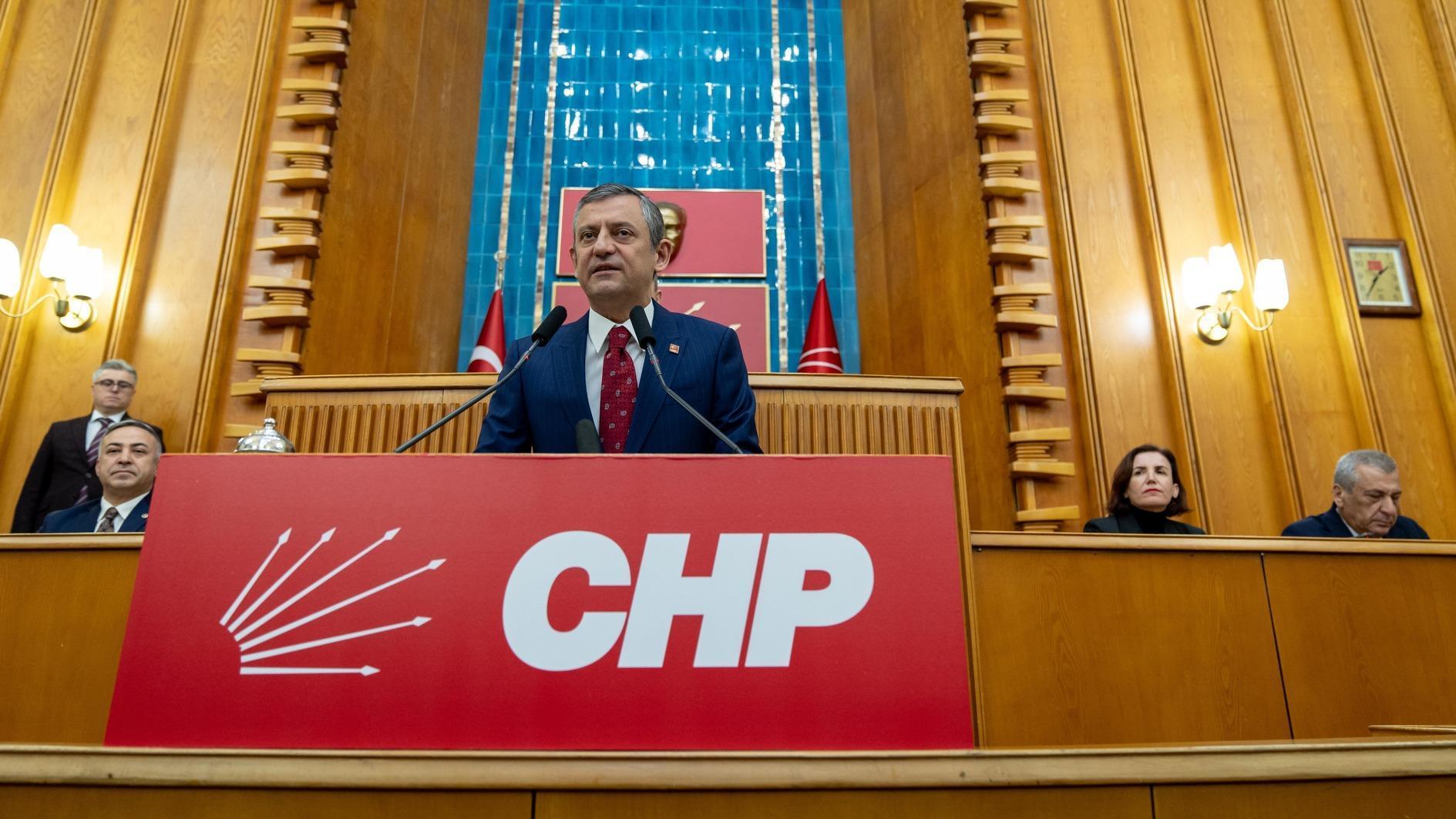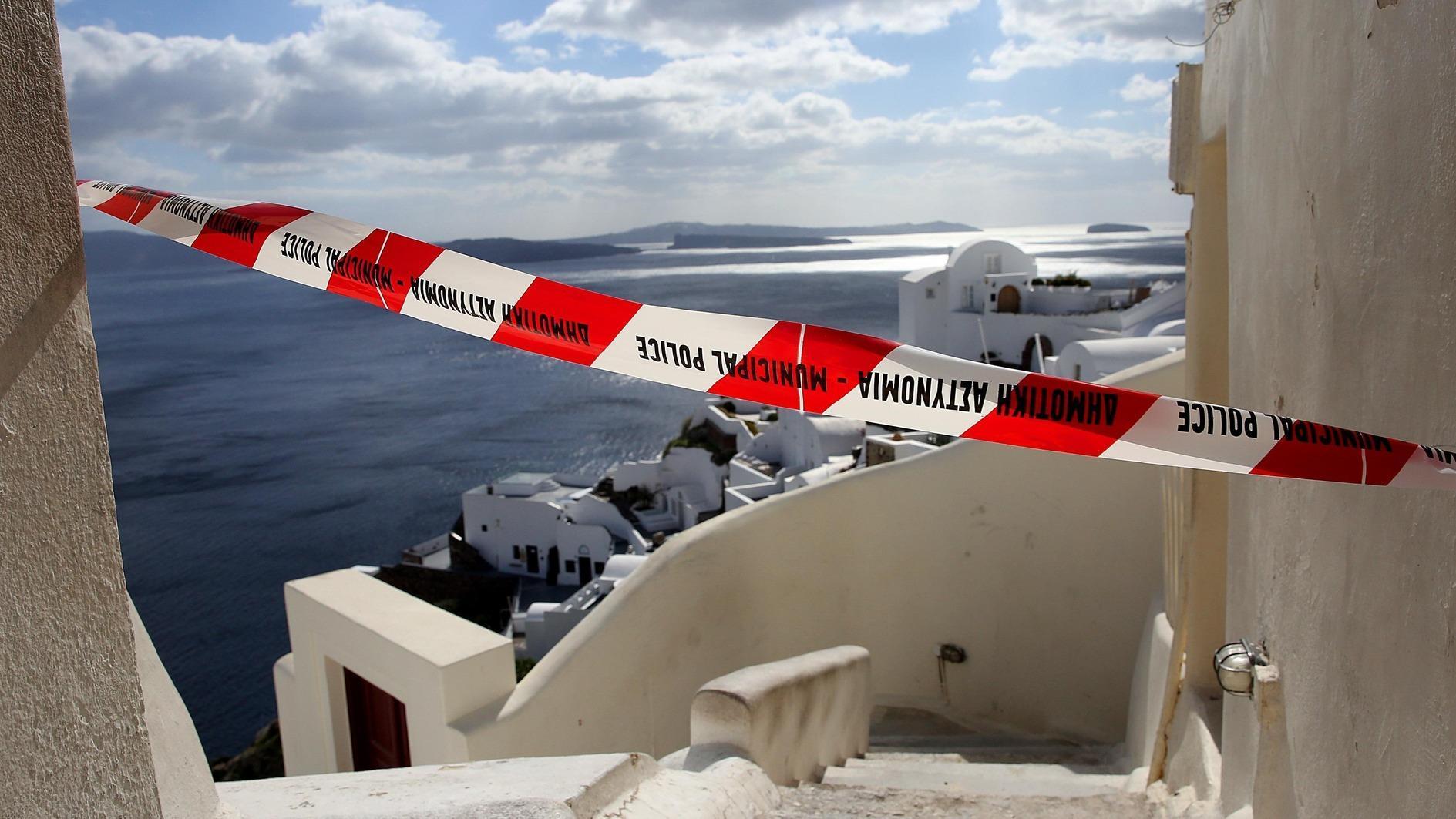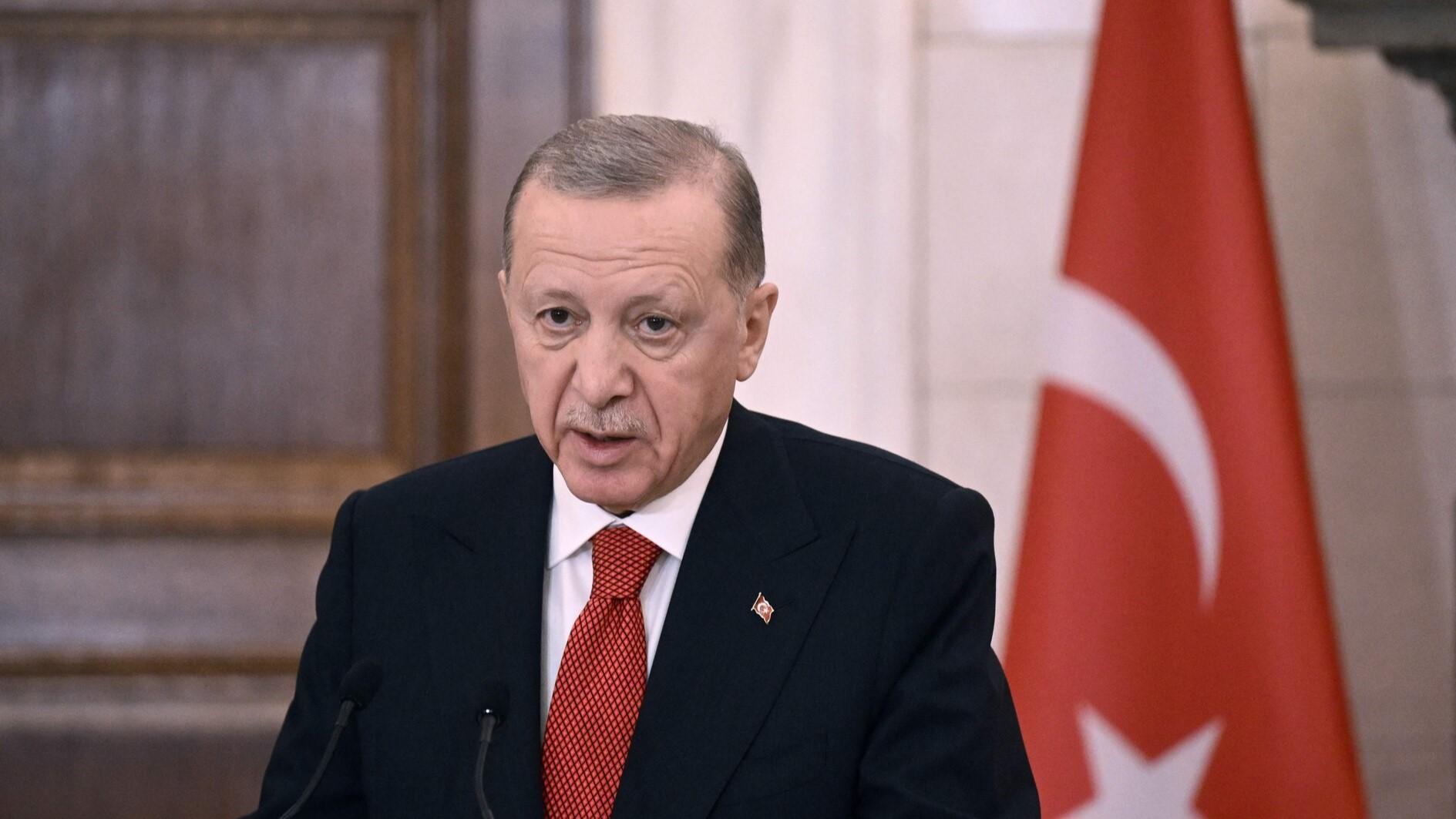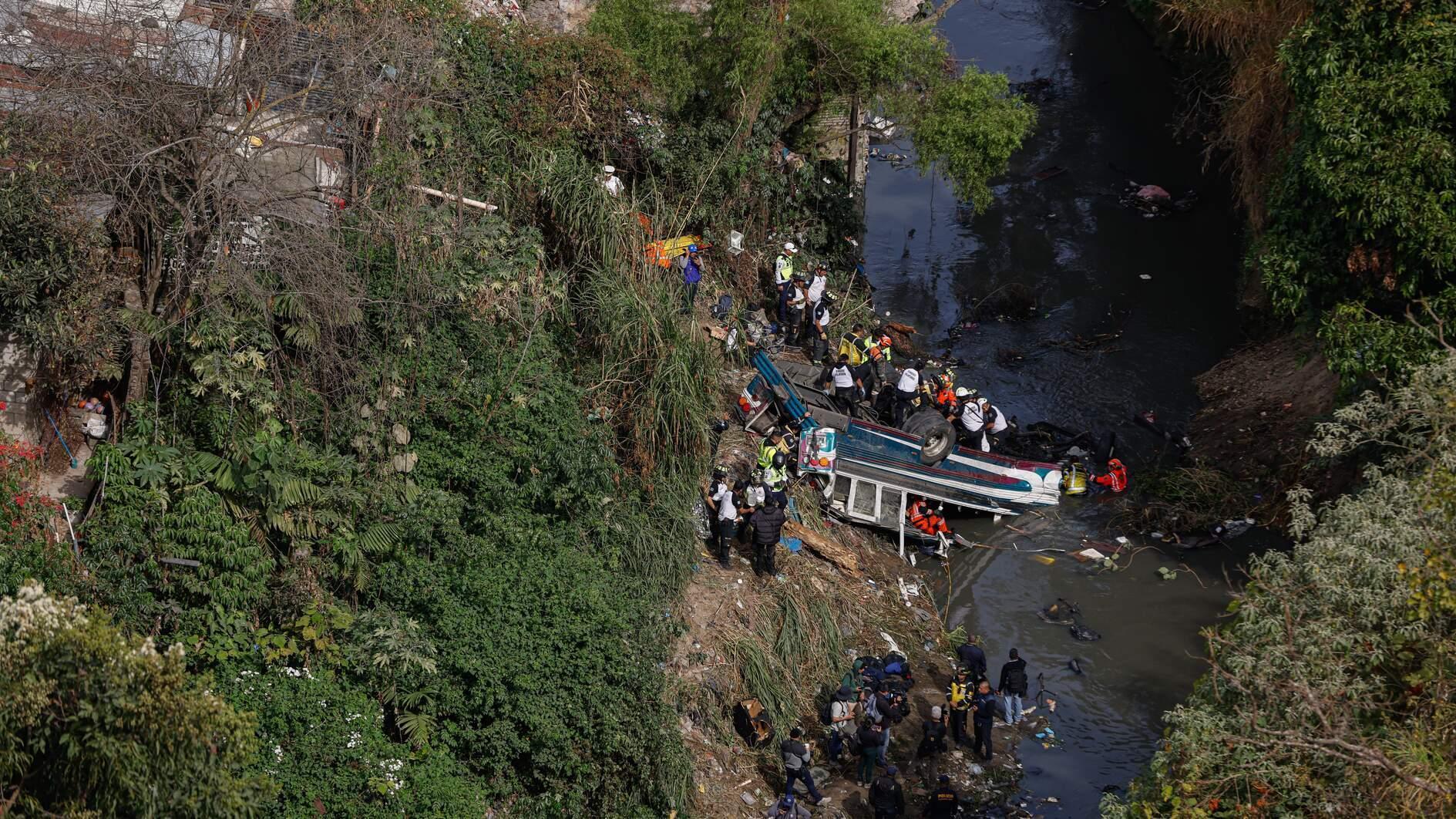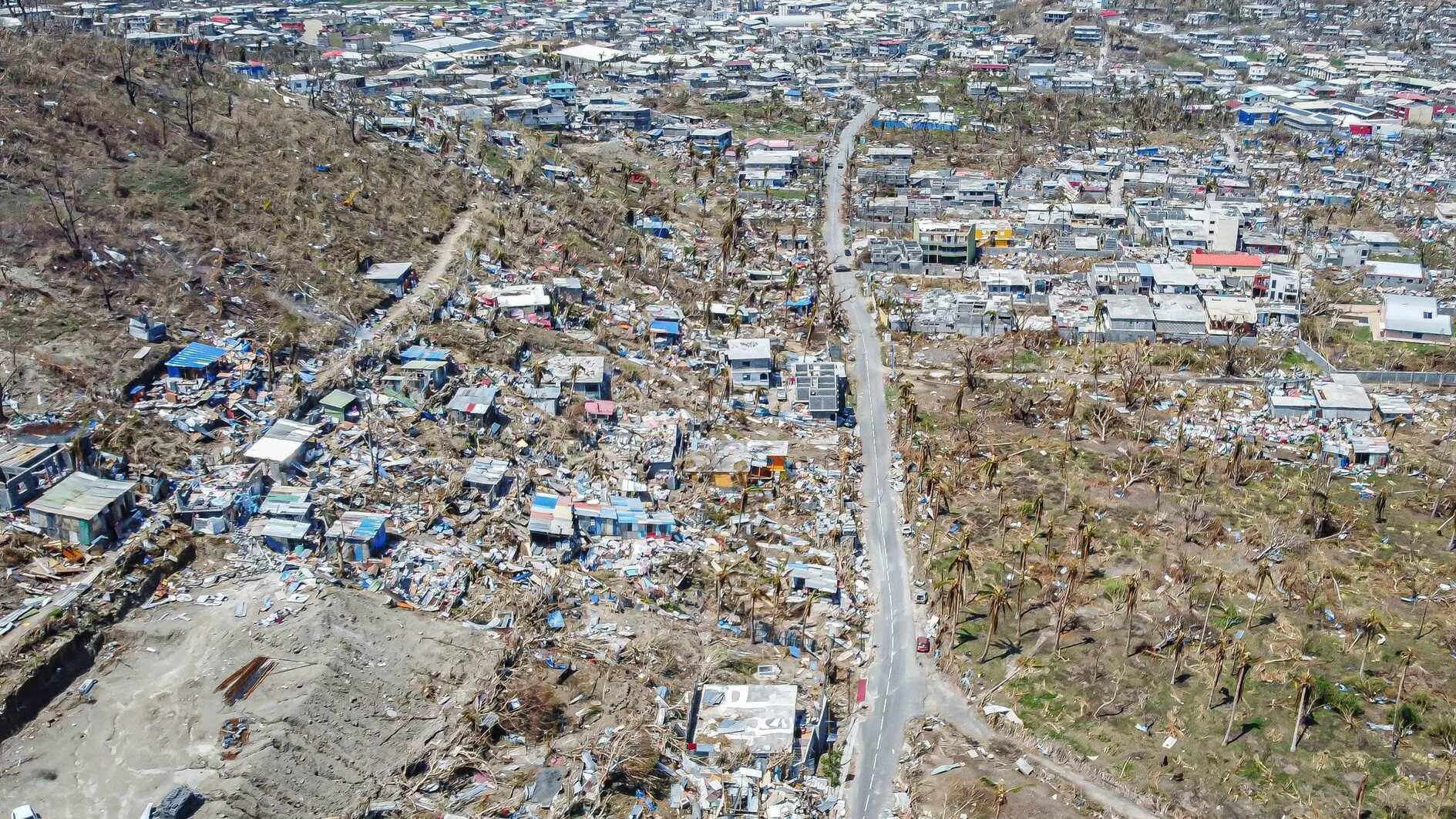Syrian authorities torch 1 million captagon pills
DAMASCUS

Syria’s new authorities torched a large stockpile of drugs Dec. 25, including 1 million
pills of captagon, whose industrial-scale production flourished under ousted president Bashar al-Assad.
Captagon is a banned amphetamine-like stimulant that became Syria’s largest export during the country’s more than 13-year civil war, effectively turning it into a narcostate under Assad.
“We found a large quantity of captagon, around 1 million pills,” said a member of the security forces, who asked to be identified only by his first name, Osama, and whose khaki uniform bore a “public security” patch.
A journalist reported that forces pour fuel over and set fire to a cache of cannabis, the painkiller tramadol and around 50 bags of pink and yellow captagon pills in a security compound formerly belonging to Assad’s forces in the capital’s Kafr Sousa district.
Captagon has flooded the black market across the region in recent years, with oil-rich Saudi Arabia a major destination.
A source said that a Saudi delegation met Syria’s new rulers to discuss the “Syria situation and captagon.”
Authorities destroyed the stocks of alcohol, cannabis, captagon and hashish in order to “protect Syrian society” and “cut off smuggling routes used by Assad family businesses,” another security officer said.
Syria’s new Islamist rulers have yet to spell out their policy on alcohol, which has long been widely available in the country.
Since an Islamist-led rebel alliance toppled Assad on Dec. 8 after a lightning offensive, Syria’s new authorities have said massive quantities of captagon have been found in former government sites around the country, including security branches.
Experts believe the regime used the threat of drug-fuelled unrest to put pressure on Arab governments.


